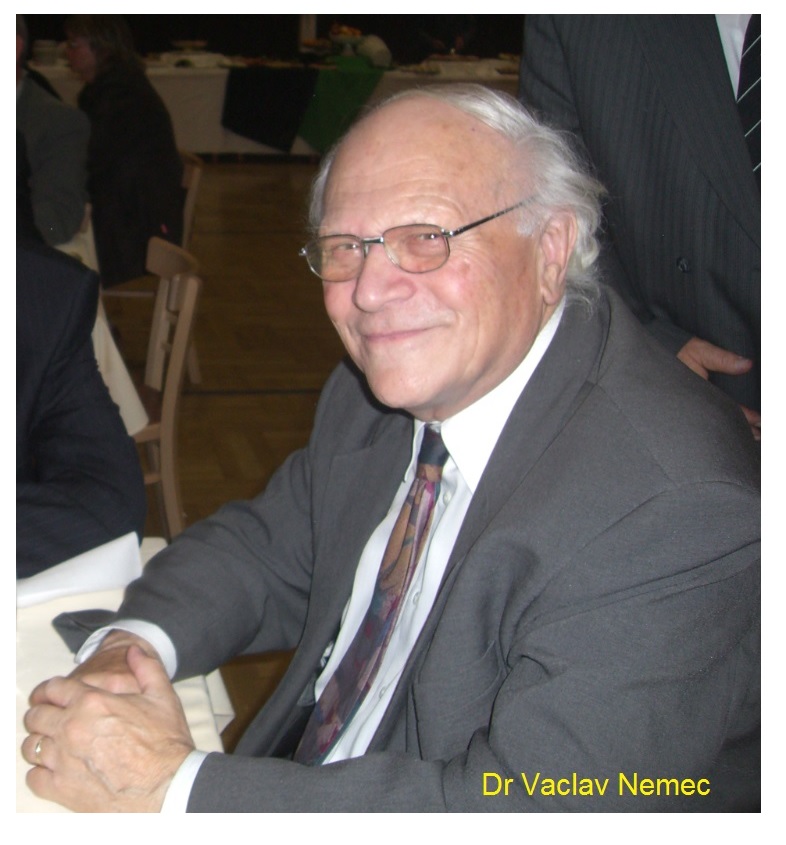News
August 16, 2019
As methane concentrations increase in the Earth's atmosphere, chemical fingerprints point to a probable source: shale oil and gas, according to new Cornell University research published in Biogeosciences, a journal of the European Geosciences Union.
August 15, 2019
On October 30 – November 4, 2019 the traditional International Conference on Geoethics (Geoethics - 2019) will be held in Prague and Pribram (Czech Republic).
The following topics will be covered:
 THE THEMATIC CIRCLES of the Conference will covered:
THE THEMATIC CIRCLES of the Conference will covered:
- GEOETHICS – GENERAL PROBLEMS
- GEOETHICS – CLIMATE CHANGES
- GEOETHICS – NATURAL RESOURCES
- GEOETHICS FROM OTHER POINTS OF VIEW
August 14, 2019
The view from Dominica: Anthropocene or Capitalocene?
Climate change is not the creation of the mere existence of billions of humans who inhabit the planet, but is wrought by the few who control the means of production and make the central decisions about energy use, argues Andreas Malm. In what is more Capitalocene than Anthropocene, a head-on confrontation with fossil capital is imperative if we are to prevent extreme climate events like the hurricanes that have devastated Dominica.
August 8, 2019
17 Countries, Home to One-Quarter of the World's Population, Face Extremely High Water Stress. Once-unthinkable water crises are becoming commonplace. Reservoirs in Chennai, India’s sixth-largest city are nearly dry right now. Last year, residents of Cape Town, South Africa narrowly avoided their own “Day Zero” water shut-off. And the year before that, Rome rationed water to conserve scarce resources.
July 29, 2019
Mankind will have used up its allowance of natural resources such as water, soil and clean air for all of 2019 by Monday, a report said. The so-called Earth Overshoot Day has moved up by two months over the past 20 years and this year's date is the earliest ever, the study by the Global Footprint Network said. The equivalent of 1.75 planets would be required to produce enough to meet humanity's needs at current consumption rates.
July 17, 2019
Virginia Tech scientists have found that in regions where oilfield wastewater disposal is widespread - and where injected water has a higher density than deep naturally occurring fluids - earthquakes are getting deeper at the same rate as the wastewater sinks.
Perhaps more critically, the research team of geoscientists found that the percentage of high-magnitude earthquakes increases with depth, and may create - although fewer in number - greater magnitude earthquakes years after injection rates decline or stop altogether.
July 16, 2019
A material way to make Mars habitable. Silica aerogel could warm the Martian surface similar to the way greenhouse gasses keep Earth warm. New research suggests that regions of the Martian surface could be made habitable with a material -- silica aerogel -- that mimics Earth's atmospheric greenhouse effect.
July 8, 2019
Preparation for ratification of the Paris Climate Agreement is in line with general purposes of the Russian state environmental policy. The Ministry of Natural Resources and Ecology of the Russian Federation (Minprirody of Russia) submitted a proposal on ratification of the Paris Climate Agreement to the Government of RF. It was adopted in 2015 and Russia signed it in April 2016.
July 7, 2019
Russia is said to have the greatest potential to curb the global warming. In Russia, the scholars have counted the largest areas of places for planting forests to absorb harmful emissions of carbon dioxide. The researchers identified the countries, which could make most contribution to fighting global warming owing to growing new forests. Beating the USA, Canada and China, Russia took the first place in terms of its forest potential.
June 19, 2019
Population of Earth to reach 9.7 billion in 2050: UN
The world population is expected to climb to 9.7 billion in 2050 from 7.7 billion today, with the population of sub-Saharan Africa doubling, a United Nations report released Monday said.
The population could then grow to 11 billion by 2100, according to the United Nations Department of Economic and Social Affairs's "World Population Prospects" report.